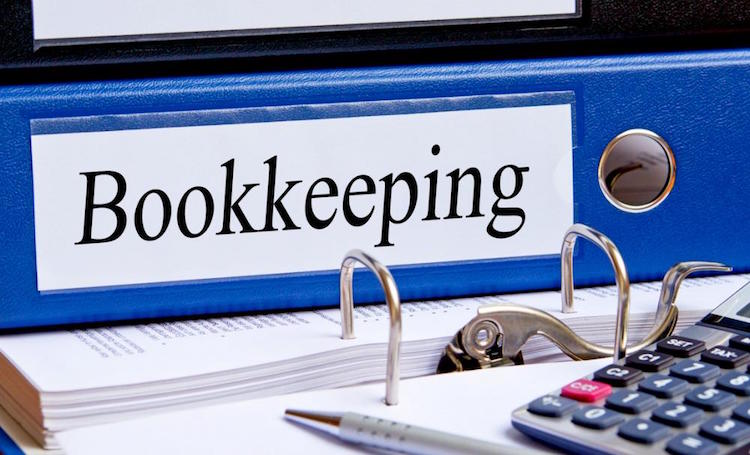What is Book Keeping and a comparison with Accounting. Find Everything related to Book Keeping, Here we are providing complete details for What is Book – Keeping and a comparison with Accounting like – activities involved in Book keeping, Book keeping ensures etc. Recently we provide complete details for What is Debit and credit explained with accounting equation and What is an Account & Types of Accounts. Now you can scroll down below and check complete details regarding “What is Book Keeping and a comparison with Accounting”
If you like this article then please like us on Facebook so that you can get our updates in future ……….and subscribe to our mailing list ” freely “
What is Book Keeping and a comparison with Accounting
Bookkeeping means the activity consist of recording the financial transactions and information relating to a business on a a day to day basis. It’s a part of accounting. As its name suggests book keeping means keeping all the financial activities in an orderly manner so that it ensures the accuracy of financial transactions that form part of the accounting. Most of the work done in book keeping is clerical in nature.
Some of the activities involved in Book keeping are :
- (1) Performing checks, reconciliations of various aspects of business like inventory , bank reconciliations etc.,
- (2) Performing the activities related to common business administration.
- (3) Billing the transactions .
- (4) Verifying and entering the data in invoices issued by suppliers.
- (5) Payroll processing and looking after the statutory compliance related to social security schemes like PF and ESI etc.,
- (6) Calculation of depreciation and forwarding these details to accounting section.
- (7) Filing of tax returns.
For the purpose of showing the financial performance of a business to the stakeholders , it is highly essential to prepare the financial Statements. For this purpose accounting of all the financial transactions occurred during the financial year should be recorded in a timely and accurate manner. Data required for this purpose i.e for accounting the transactions ,is provided by the book keepers. This we can say that book-keeping form base for accounting.
Why book keeping is indispensable from accounting ?
For example if we assume that there is no concept of book-keeping in a business concern , and if all the activities as said above, related to book-keeping are not carried on then it’s very difficult to record the financial transactions in the books of accounts of the entity. It means accounting depends on book-keeping for the basic data required. So book-keeping is inevitable.
Book keeping ensures :
(1) whether all the transactions are recorded in systematic and accurate manner so as to show the true financial position.
(2) Whether the affect of all the transactions on financial position is correctly recorded. and the inputs required for accounting are kept ready in a timely manner.
Difference between Book Keeping & Accounting
Many people assume that there is no difference between book-keeping and accounting. But there are many considerable differences between the two. They are as under :
| S.no | Book keeping | Accounting |
| 1 | It mainly consist of the activities that focus on recording the transactions | Accounting focuses on summarising the results of book keeping . |
| 2 | Book keeping is an indispensable base of accounting | Accounting is a language to communicate the financial position of business/activity |
| 3 | Book keeping helps to execute the process of accounting by providing the basic data required for it. | Accounting provides the required information for managerial decision making and helps the stakeholders to understand the business performance |
| 4 | Book keeping does not have any sub fields in it | Accounting contains many sub fields |
| 5 | Book keeping does not require expert knowledge | Accounting requires expert knowledge to deal with |
Recommended Articles
